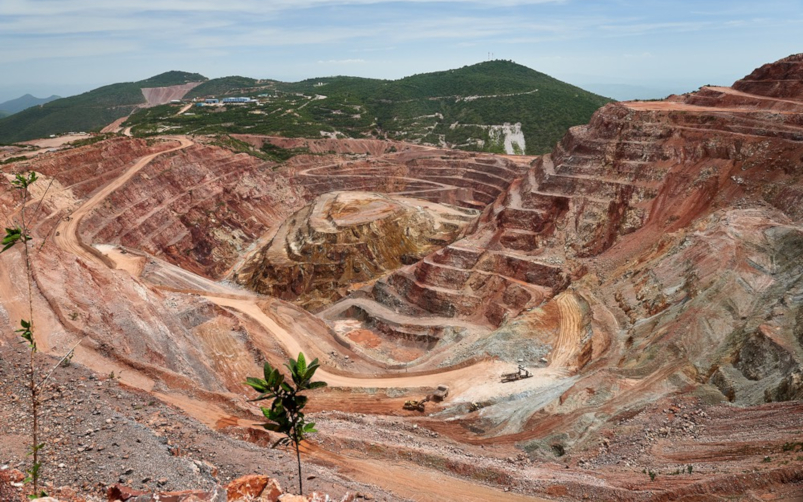British Columbia’s budget will provide $20 million over three years to help the province’s Ministry of Energy, Mines and Petroleum Resources (MEM) reduce permitting timelines and establish a new Mines Health, Safety and Enforcement Division with an increased number of mines inspectors and a new auditing function.
The budget, delivered Tuesday, also included multiple recommendations from the mining jobs task force, which both the Mining Association of British Columbia (MABC) and the Association for Mineral Exploration (AME) applauded.
Funding for increased ministry staff dedicated to permitting, compliance and enforcement was one such recommendation that made it into the budget, part of a suite of actions suggested to improve regulatory transparency and predictability.
“MABC is pleased to see the commitment to address some of the competitiveness challenges facing the mining sector – now is the time to work collaboratively to implement and fund the Task Force’s recommendations,” said Lindsay Kislock, MABC’s vice-president of corporate affairs, in a release.
Both associations contributed to the task force in 2018 along with other representatives from industry, First Nations, municipal and provincial government, an environmental NGO, labour, education and the financial sector. The final report was delivered in December 2018.
Related: Federal government gives $4.2 million to renewables projects at northern mines
AME President and CEO, Edie Thome, said in a release that the budget “gives evidence that there is a commitment to moving forward with all of the actions [suggested by the task force].”
The budget also included B.C. Premier John Horgan’s promise, announced at the 2019 AME Roundup conference in late January, to make the mining flow-through share tax credit and the B.C. mining exploration tax credit permanent. They had both previously been renewed on an annual basis, and the move to permanence was due to the task force report, which noted that B.C.’s share of investment in the mining sector, both nationally and globally, has declined over the past decade.
“I expect now that we’ve got those two [tax credits] permanent that next year for Budget 2020 we’ll see an increase in both of them,” Thome told CIM Magazine at the conclusion of Roundup. “We will be working on some analysis this year to feed into the budget next year to increase them both with the goal to make them the best in Canada.”
The provincial government will also invest $902 million over three years in CleanBC, a climate action plan introduced in December 2018. MABC said a portion of this will support large industrial producers like mines to reduce greenhouse gas emissions through targeted incentives.
“The B.C. mining industry is a critical partner in moving B.C. and the world towards a lower carbon future,” said Kislock. “MABC looks forward to working with government in the near term to finalize the details of this program to ensure B.C. mines, who are some of the lowest carbon emitting operators in the world, can compete in global markets.”


